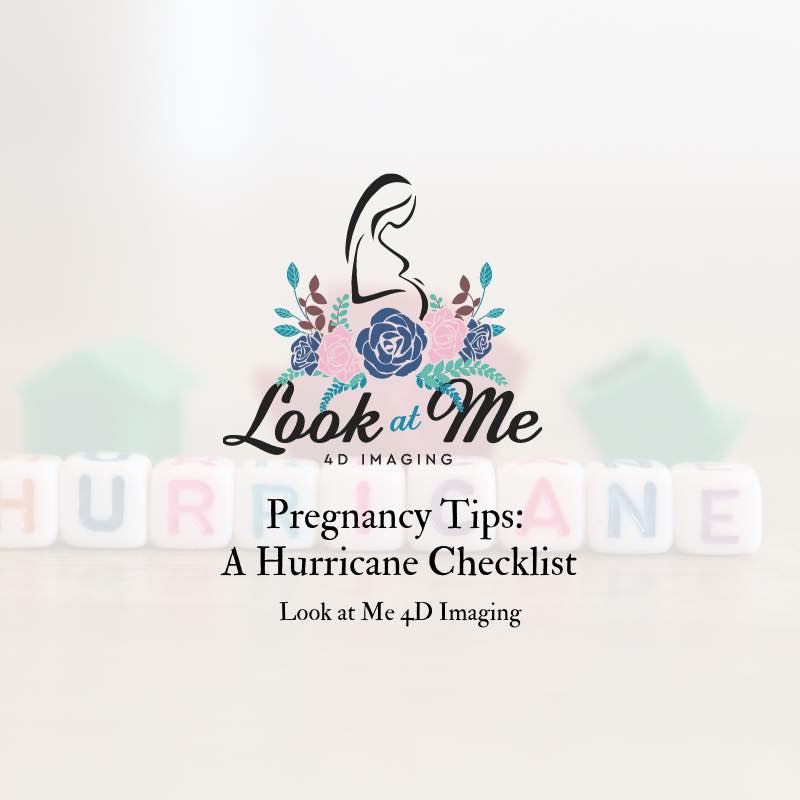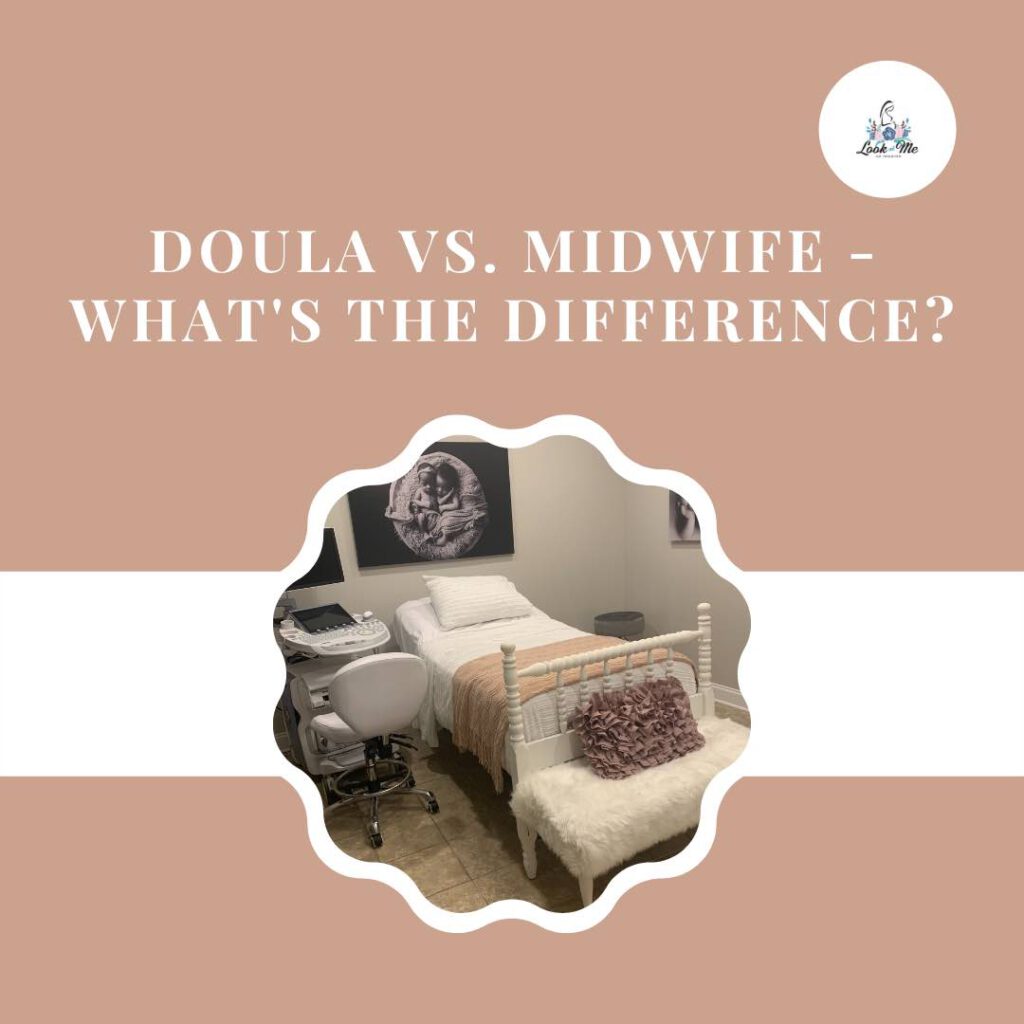
Doula Vs. Midwife – What’s the Difference?
Doulas and midwives are both birth companions, but they have a few key differences. Doulas provide continuous physical, emotional, and informational support to mothers before, during, and after childbirth while midwives attend births as medical professionals.
Keep reading this article to learn more about what these women do – and how they differ.
What is a doula?
The birth of your child is one of the most important moments in life. A doula can help you have a smooth experience by being present for every step, offering encouragement when needed, and breathing new life into nervous parents with her spirit of closeness that includes loved ones during this grand event.
What does a doula do?
Doulas offer companionship and emotional support to mothers before, during, and after labor. They work with you to create a birth plan that fits your needs and desires, arranging for continuous support throughout labor.
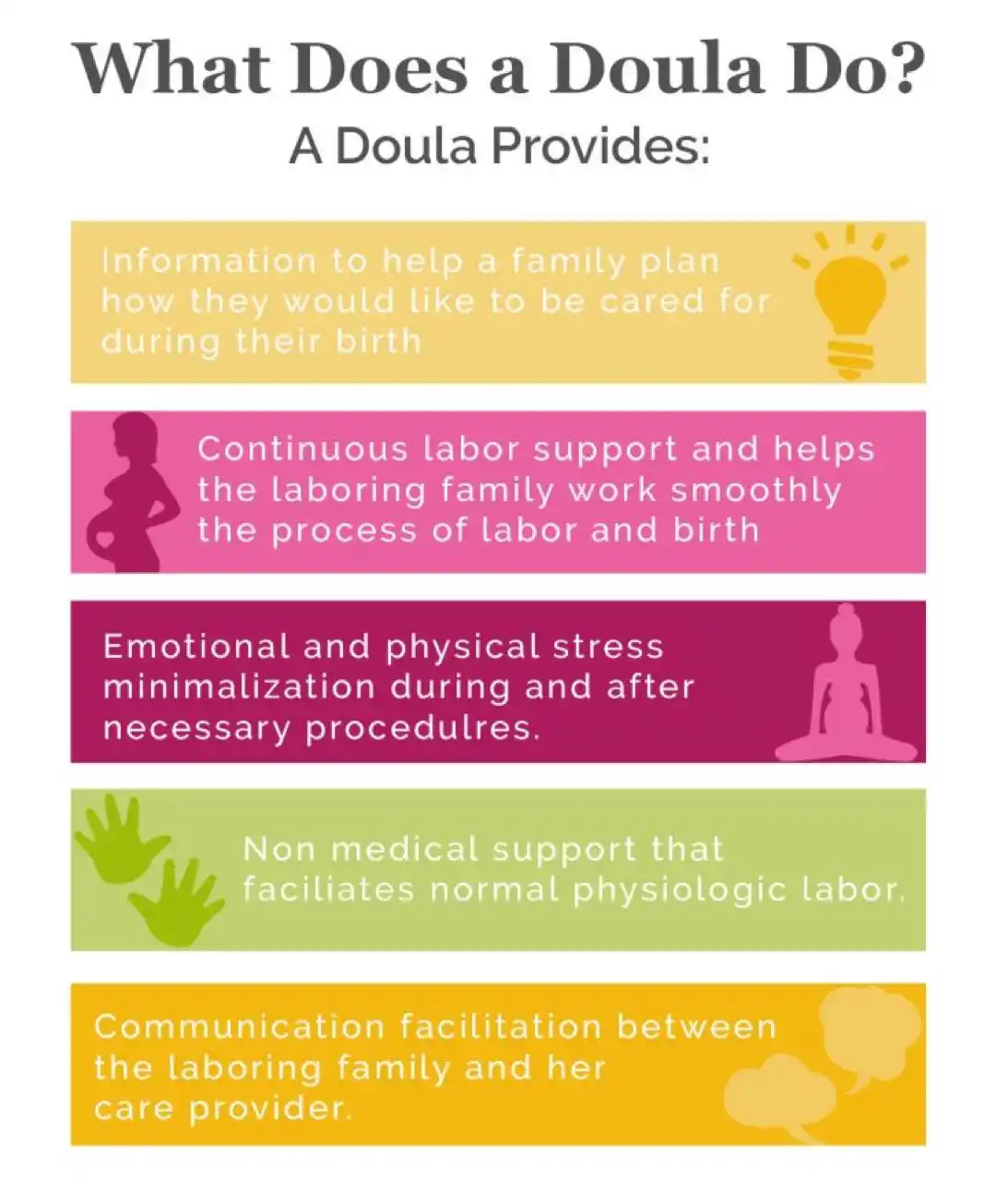
A doula does not offer medical advice or provide medical examinations.
Unlike midwives, doulas cannot provide prenatal examinations, handle medical emergencies, or deliver babies.
They are educated to assist during labor by providing comfort measures such as massage, positioning techniques, and hot/cold packs.
A birth doula provides both physical and emotional support.
Doulas are trained to talk you through your birth experience, showing you breathing techniques and offering encouragement. Doulas act as a liaison between the birthing family and hospital staff if any special requests are made. Doulas can also provide support like lactation assistance or newborn care tips.
A doula helps long after the birth.
Doulas are also there to help you recover after giving birth, so they can assist with things like breastfeeding support, baby care, cooking food for the family, and more. They’re present to keep your spirits up, your worries low, and be that special someone always available when you need them most.
Postpartum Doulas
Postpartum doulas are there for new parents to provide emotional and physical support after childbirth. They might also help you light housework, fix a meal or incorporate an older child into this experience by teaching them how best to handle parenting tasks like feedings.
Are doulas certified?
Doulas aren’t generally required to have an official certification, but this varies from state to state. A few states have proposed policies that allow Medicaid reimbursement for doula clinics. In that case, accreditation requirements and regulations are going to increase.
Most doulas typically continue to complete extensive medical training and schooling and are encouraged to take advantage of opportunities to continue education. Doulas often come together in community groups or doula networks to share ideas, support one another and take further courses.
Can doulas deliver babies?
No. Doulas are not medical professionals and can not deliver babies, but they can provide physical comfort during labor. Doulas cannot provide medical advice, administer medications, conduct prenatal examinations, or deliver babies.
Does insurance cover doulas?
Some insurance companies will cover all or part of the cost for a doula. Check with your insurance provider to find out. Some areas even have doula programs that offer doulas to low-income families. Some doulas offer a sliding-fee scale based on income.
What is a midwife?
Midwives provide care for women and newborns throughout the childbearing cycle, including pregnancy, labor, birth, postpartum period, and neonatal care. They can work in the community or the hospital, depending on their training and certifications.
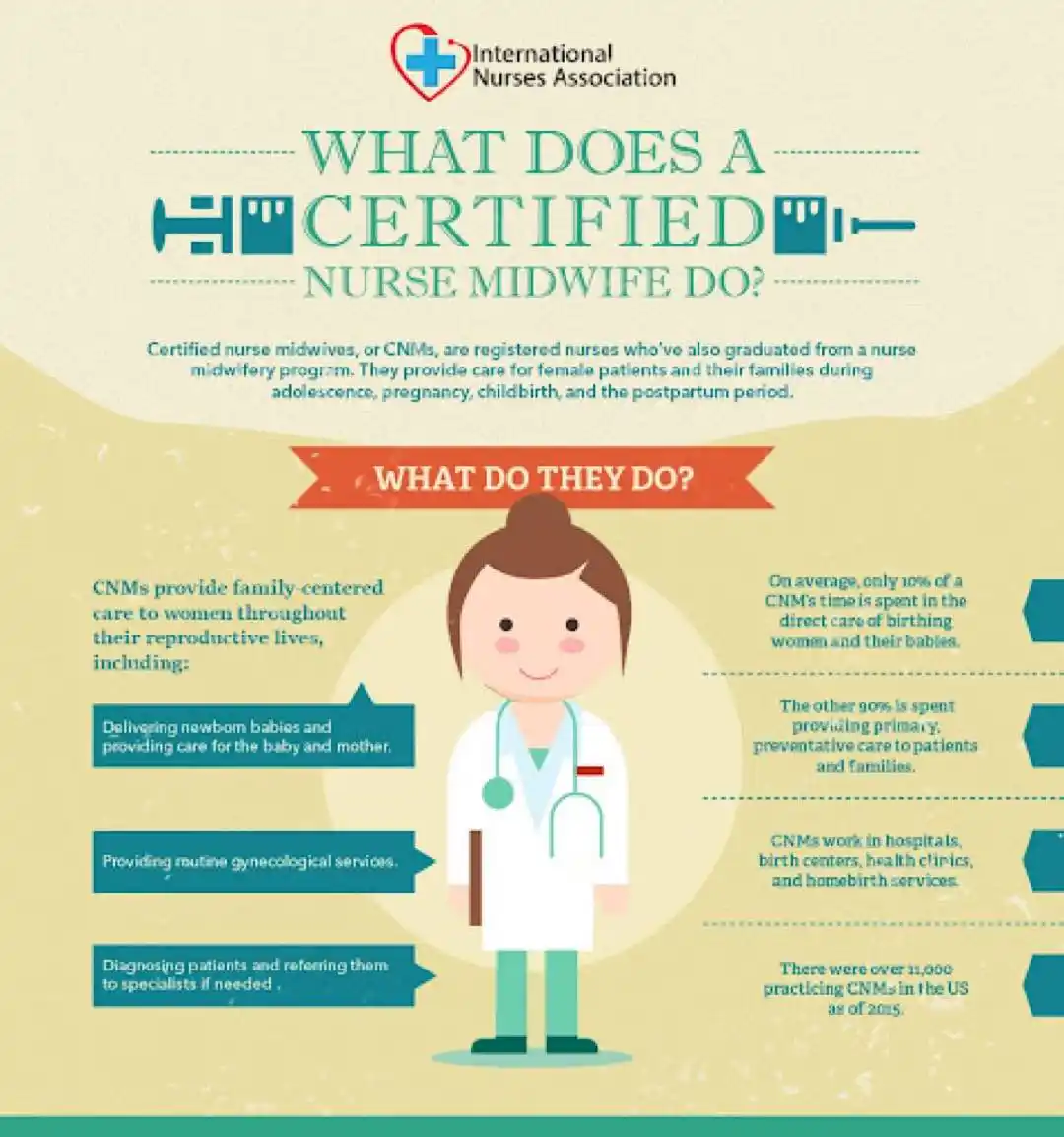
What does a midwife do?
A certified nurse-midwife is a professional healthcare practitioner who is medically trained to provide care before, during, and after childbirth.
The relationship between a midwife and an expectant mother may be more subtle than between a physician and most pregnant women.
The Services provided by Midwives may include gynecological exams (Pap smears, pelvic scans, breast examination), prescription drugs, and fetal monitoring during labor.
If you want to monitor your baby from the comforts of your home, learn the benefits of having a fetal doppler monitor.
Midwives are trained to handle medical emergencies that may arise during the birthing process.
Midwives can prescribe medication or recommend a referral to a physician for specific medical problems. Midwives often confer with physicians during the birth process.
Certified Nurse-Midwives
Midwives are the most trusted birth professionals in America.
The American Midwifery Certification Board (AMCB) is the United States’ national certifying body for Certified Nurse-Midwives (CNM) and Certified Midwives (CM).
Midwifery education programs involve graduate study and usually are required to be registered nurses with a bachelor’s degree for entry. Still, some will accept applicants with an undergraduate degree or certificate from an accredited institution.
Certified Nurse-Midwife
Certified Nurse-Midwives are the most versatile of all birth professionals. They can provide care in any setting, whether it’s a home birth or a hospital-based birth. They can even work alongside physicians for surgery-assisted deliveries where forceps may be required!
Moms deserve choices that fit their needs best – CNMs offer this variety by being trained nurses AND midwives, so they’re prepared no matter what comes up during labor.
Certified Midwife (CM)
Certified Midwives can have medical expertise or a background in health-related fields other than nursing, then graduate from an advanced-level midwifery education program. They must meet all standards for certification as well but don’t need to be certified nurses.
Certified Professional Midwife (CPM):
The majority of direct-entry midwives in the United States are Certified Professional Midwives. The education and clinical training for CPMs focus on offering out-of-hospital birth services, such as homes or freestanding birth centers for mothers who want the solitude it provides during trying times with their newborns at home where the family can come to support them.
Certified Midwives are generally Doulas who have completed additional training in labor and delivery; some of them even go on to become Doula trainers themselves! This extra education often enhances their ability to support mothers during childbirth.
*Note it needs to be clear that Doulas are not midwives, but many Doulas are Doula trainers, and Doula trainers may be Doulas or midwives.
What’s the difference between a midwife and a doula?
Midwives provide medical care during pregnancy, birth, and the immediate postpartum period.
After giving birth, doulas support you with emotional information and physical needs to ensure that it goes smoothly for both mother-to-be’s recovery process and family members.
Doula or Midwife: Who should I hire?
It’s important to know there is a difference before choosing who you want by your side for this life-changing experience.
When should I use a doula?
If you’re looking for someone to support your birth experience, a doula might be right for the job.
They are trained in helping all types of moms through their deliveries with peace and guidance no matter their preferred style.
Some people find that Doulas are great to have in your corner when they’re in the hospital, but they are most valuable when serving families with home or birth center births where you can really reap all that doula support has to offer.
If you’re looking for someone to stand by your side and help advocate for you during your medical care, Then a doula is an excellent choice. Doulas are trained to improve the safety of the entire birthing process by attending your prenatal appointments, providing guidance with any questions you have for your medical team, and standing up for your wants and requests throughout labor.
When should I use a Midwife?
A midwife can be a great choice if your pregnancy is deemed low risk.
Midwives are the perfect choice for women who want an alternative to medical care. Many midwives even offer holistic, nature-based approaches during pregnancy and active labor.
Midwives can help with pain relief and natural remedies during your first pregnancy, as well as encourage nonmedical interventions like massage therapy or aromatherapy oils with lavender flowers on the delivery night if you’re feeling anxious about childbirth!
Plus, a midwife is usually covered by insurance and can be cheaper than an OB-GYN, and some even offer in-home visits.
Conclusion
Midwives and doulas are both important professionals during a woman’s pregnancy, labor, and the postpartum period.
Doulas offer emotional support to the mother-to-be and physical care for both her and family members after birth; they can be cheaper than an OB/GYN because some insurance covers them. Doula training is designed with out-of-hospital deliveries in mind, making them more suitable for home or birthing center births outside hospitals.
Midwives provide medical care that includes pain relief and natural remedies like massage therapy and aromatherapy oils (lavender flowers). Midwife services may also be covered by your health insurance carrier, whereas Doula services typically aren’t unless you work with a Doula trainer.
Doulas are great for first-time moms and those experiencing home or birthing center births, whereas midwives are great for women who prefer medical care during pregnancy and labor.
No matter which you choose to use when you have your baby, a doula, or a midwife, it’s important to be educated about the difference between the two professionals. Doulas and midwives are wonderful people who will help you on your path from before your due date to after your little one is born
Already Convinced? Need a Doula?
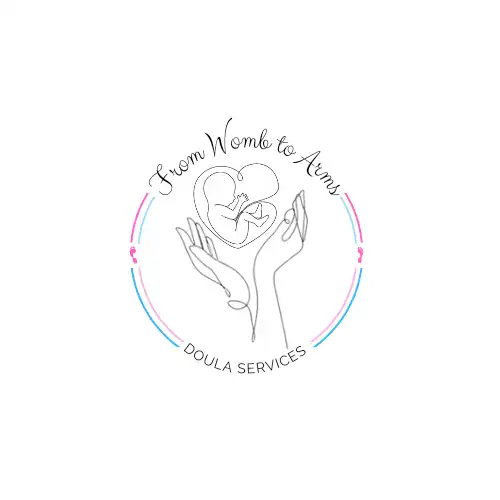
You’re in luck!
If you’re in the Denham Springs, Louisiana area and are looking for a doula, check out our friends over at From Womb to Arms Doula Services.
They’re the best around.
Check out their Facebook page or schedule an appointment via their website.
Not sure when your due date is? Check out our due date calculator to find out!
Are you pregnant and looking for a way to keep an eye on your baby?
The Baby Fetal Doppler Heartbeat Monitor is the perfect solution! You can use it at home or in the hospital, and it will help monitor how healthy your baby is while you’re waiting for your due date.
This device allows you to hear your baby’s heartbeat whenever you want – no more worrying about whether everything is okay with your little one. And because it works both at home and on the go you can listen to your little one whenever you want! With this fetal doppler, we guarantee that every mother-to-be will love using our product as much as we do!
Click here right now to purchase a Baby Fetal Doppler Heartbeat Monitor!


